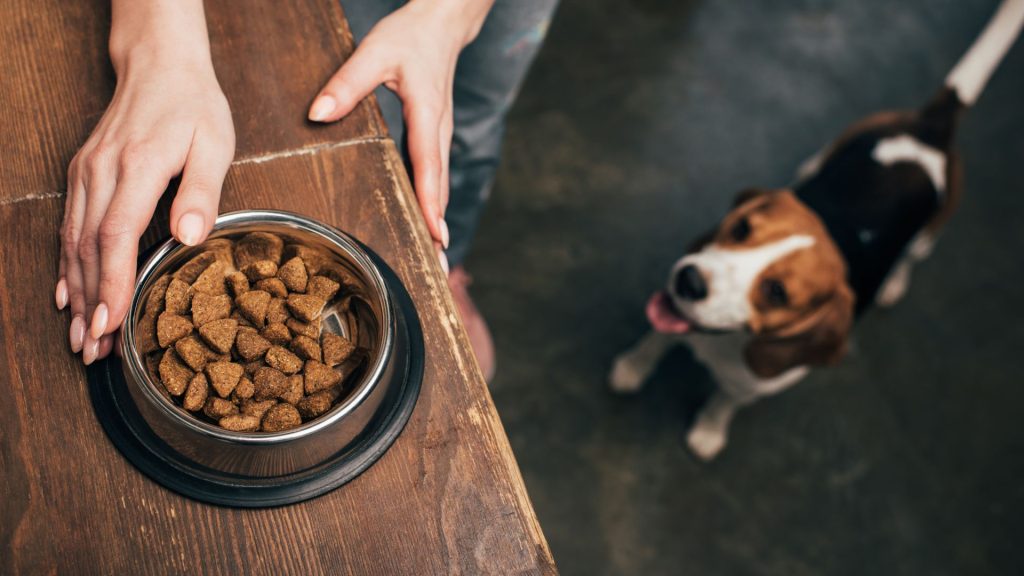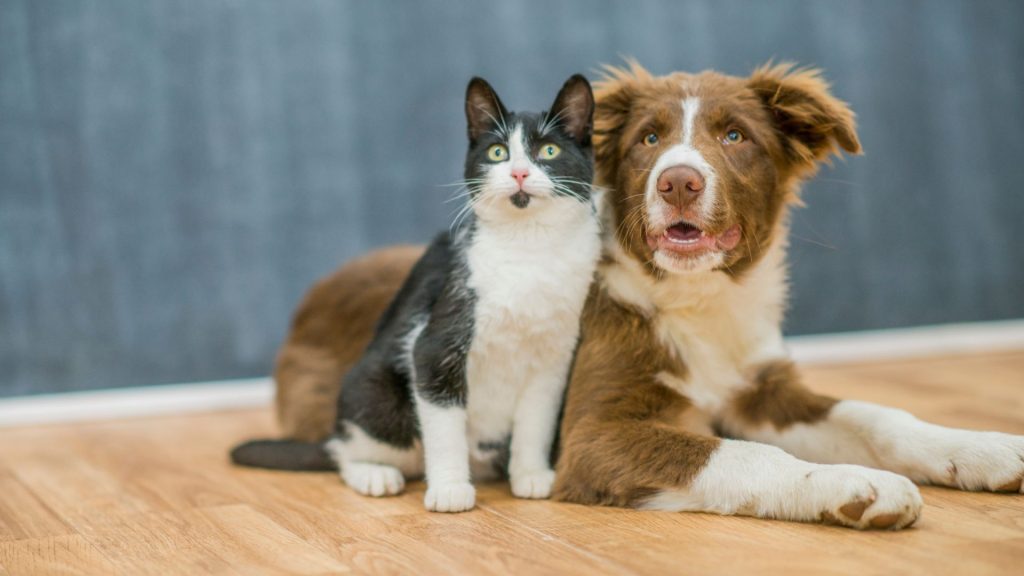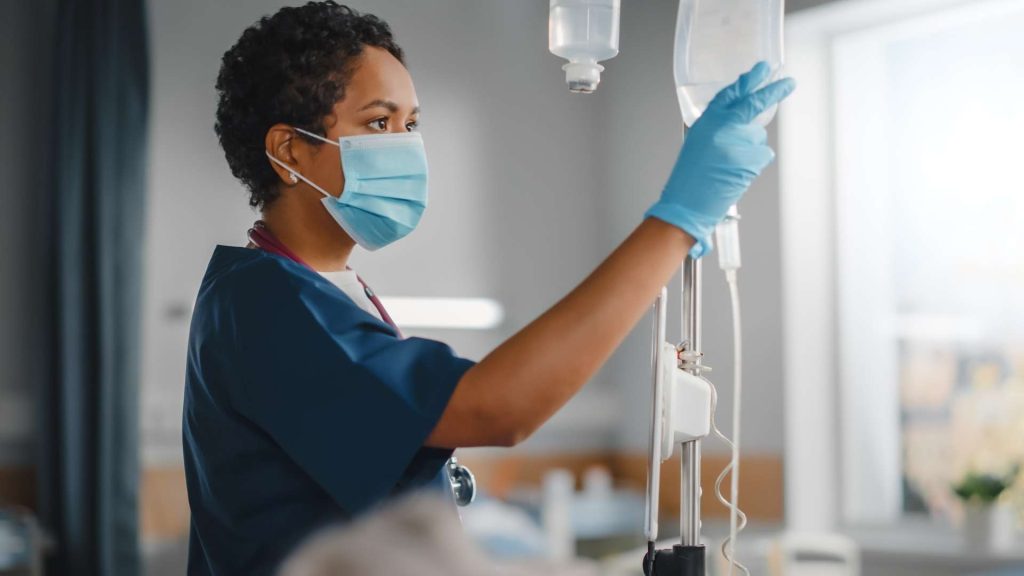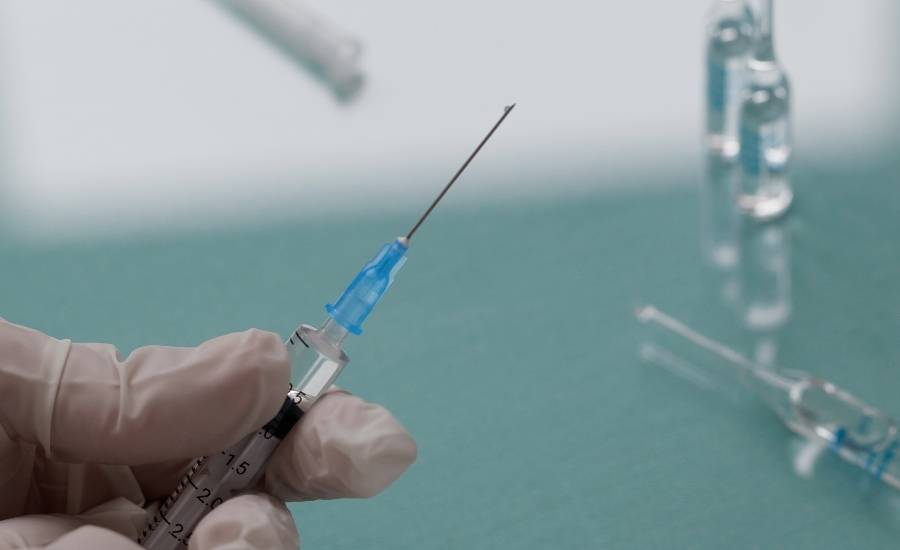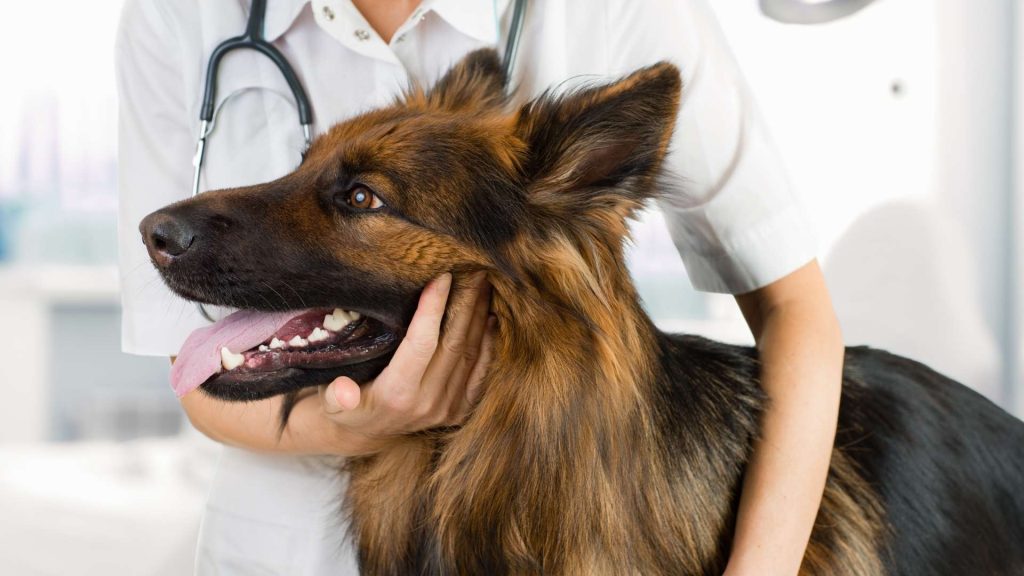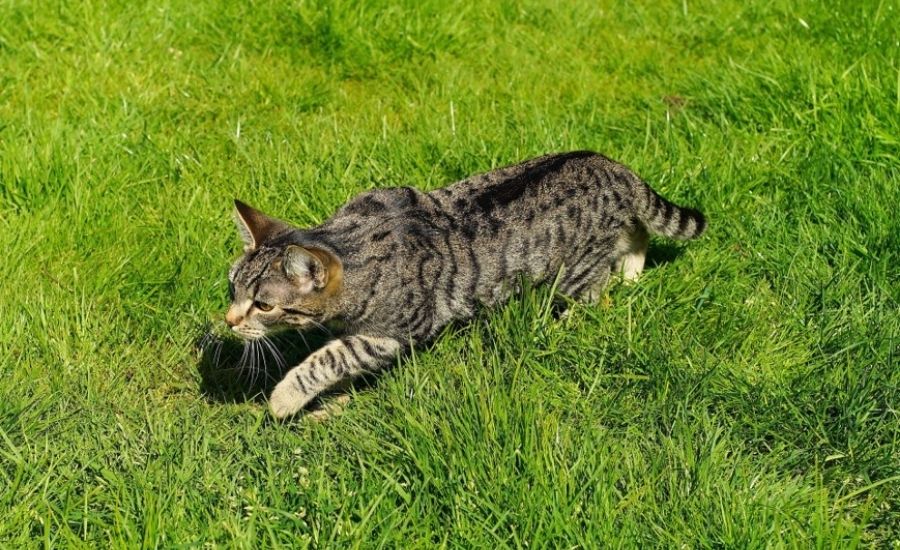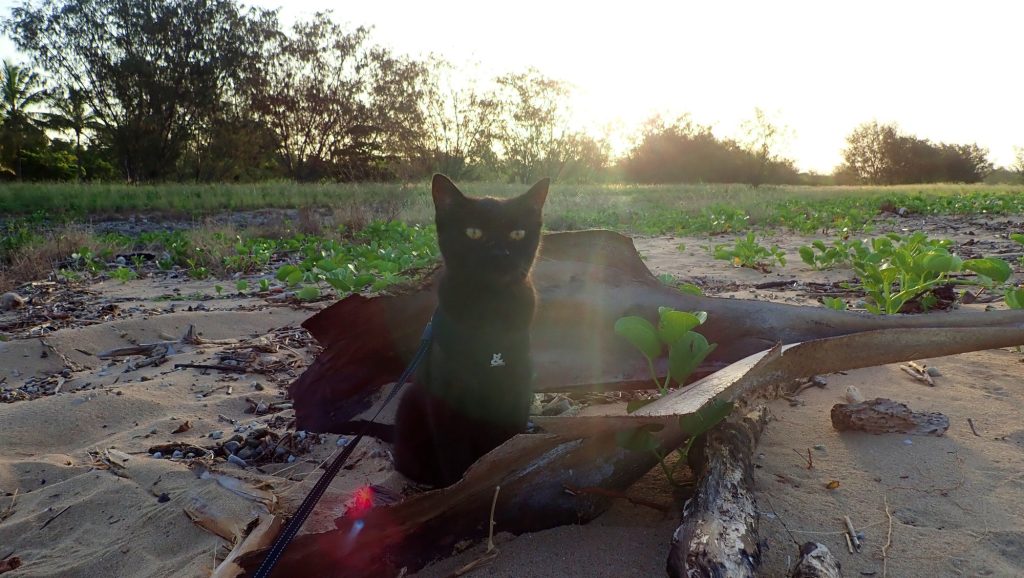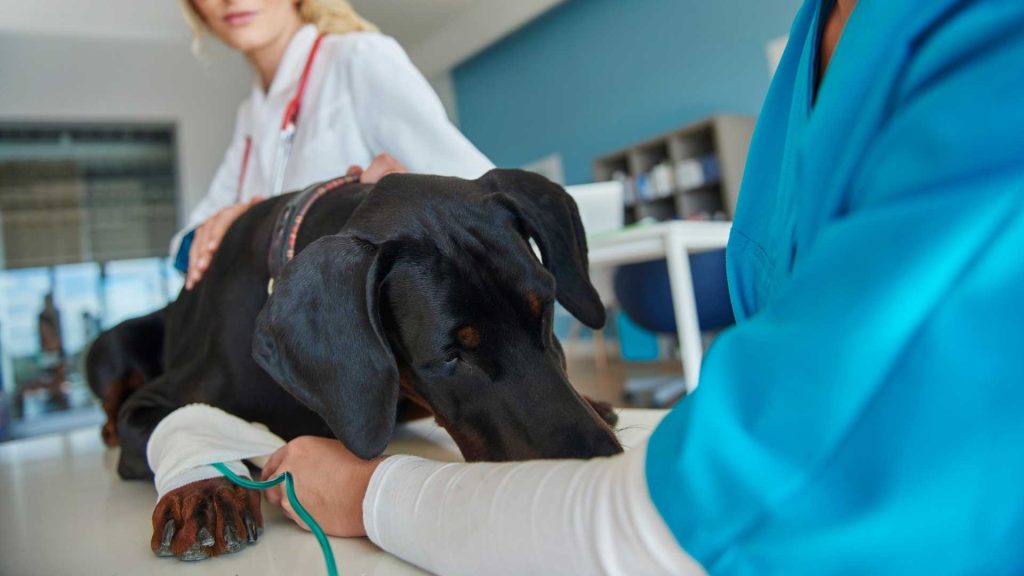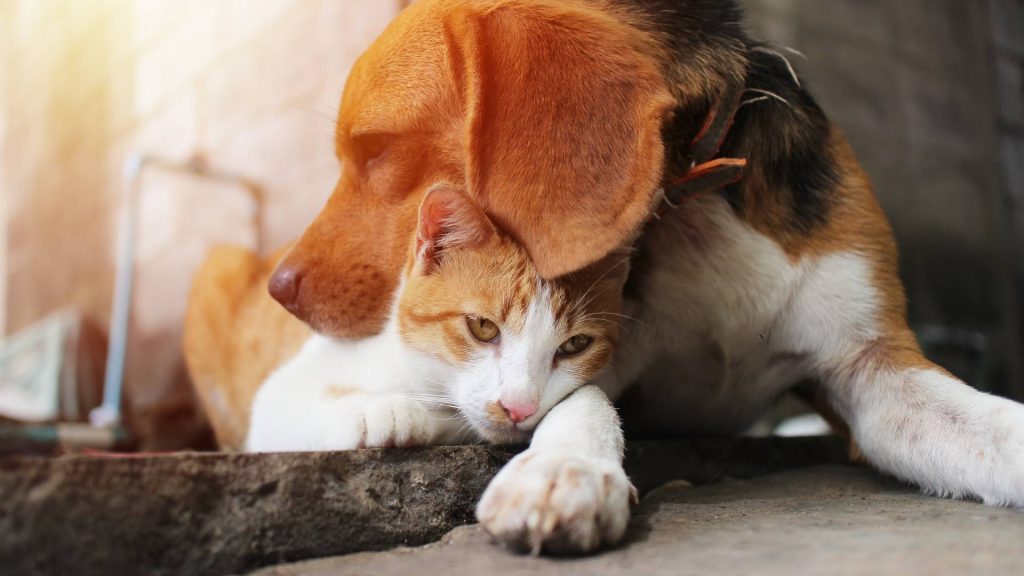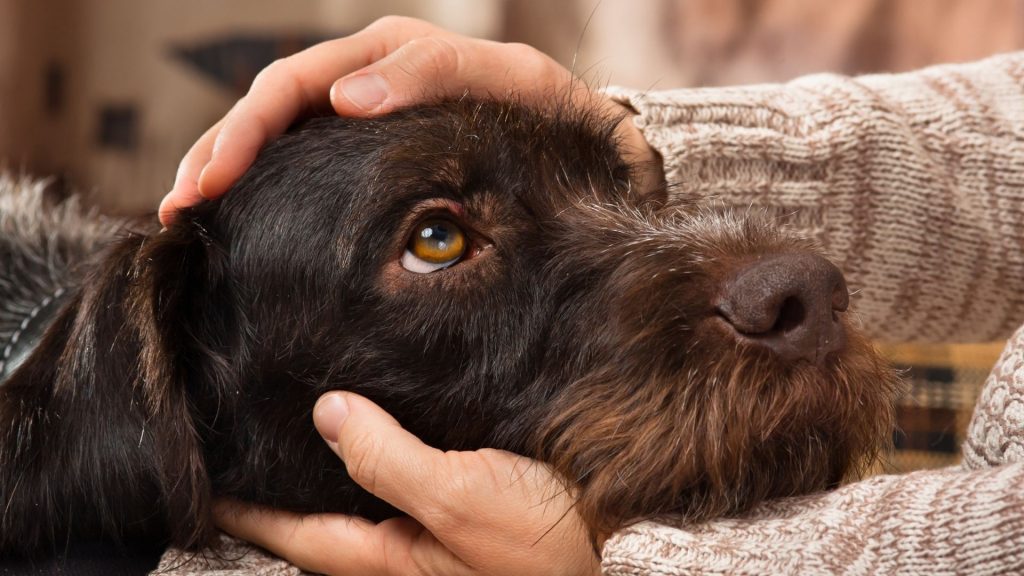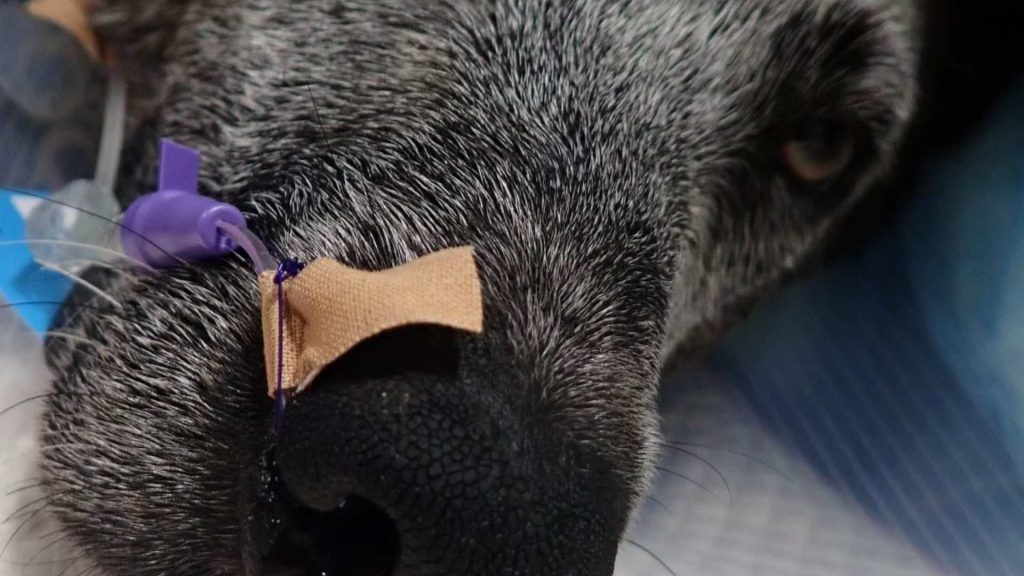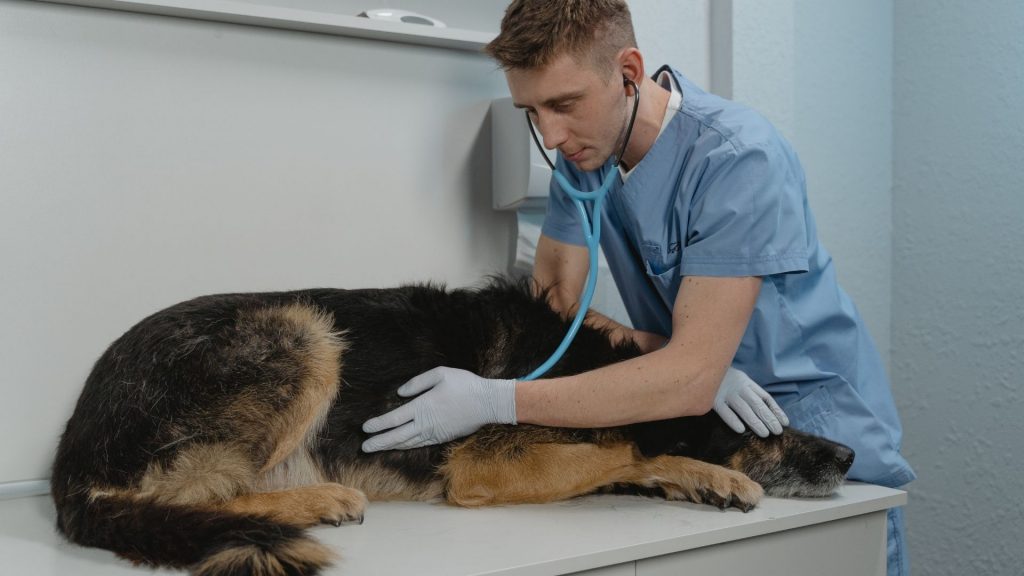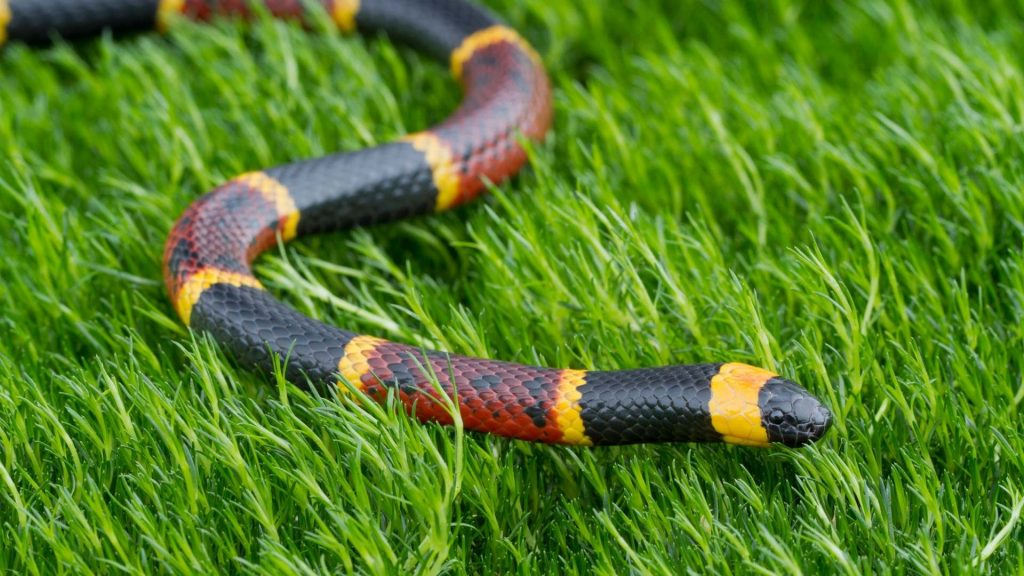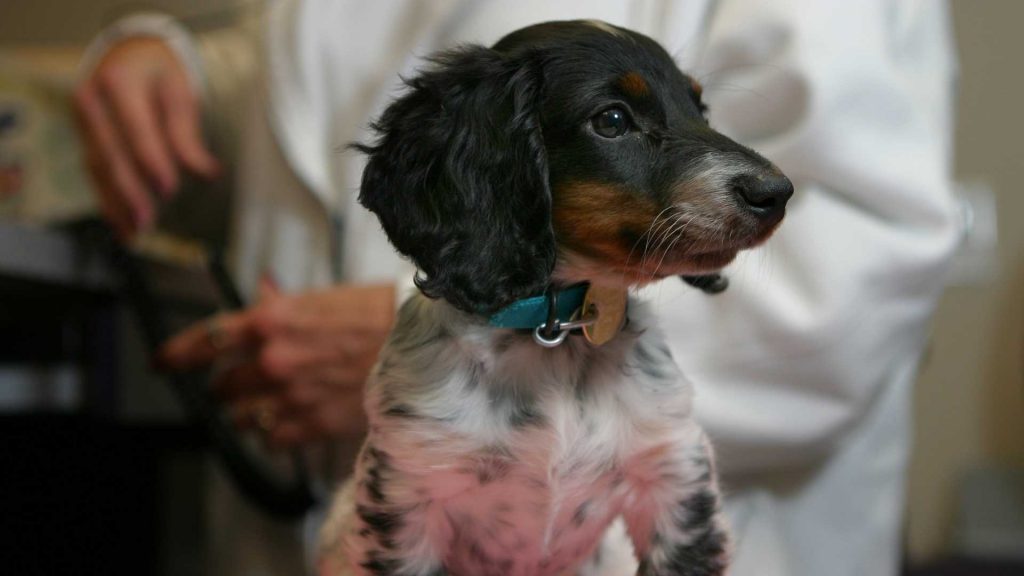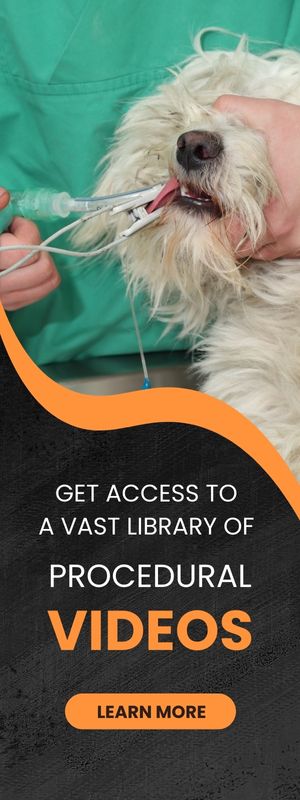The Corona Virus Outbreak – Advice for Veterinary Professionals and their clients
SARS Cov-2 is the name of the virus that has been responsible for the current Corona Virus Disease 2019 (COVID-19) outbreak. It first originated in Wuhan, China.
Symptoms of illness may appear up to 3 weeks after contracting the virus. The most common symptoms of infection are fever, cough and shortness of breath.
It is important for veterinary professionals to be well informed about this virus, as undoubtedly, many clients will seek advice regarding the potential of their pets as vectors or reservoirs of the virus. Here is what you need to know, based on the recent WSAVA advisory document on COVID-19. A link to this document is listed below with other references.
1. Prevention in the clinic – for you, your colleagues and your clients
Currently, there is no vaccine to prevent the Corona Virus Disease 2019 (COVID-19)
Avoiding exposure to the virus is the best method of prevention at the moment.
Prevention measures include:
- Don’t be afraid to ask your clients and colleagues if they have recently travelled from any of the affected countries.
- Avoiding close contact with people who are sick or who have respiratory symptoms, disease, or infections.
- If you show symptoms, including nasal discharge, cough, or fever – please self-isolate at home, and use a facemask to minimise aerosolization of respiratory secretions. The CDC currently recommends use of facemasks for people showing symptoms of COVID-19
- Avoid touching your mouth, nose and eyes with your hands.
- If you feel unwell, stay at home.
- Use a tissue to cover your mouth and nose when you sneeze or cough. Discard the tissue safely in the bin.
- Disinfect and clean high-traffic surfaces and frequently-touched objects, such as your non-sterile instruments and equipment, including scissors, forceps, stethoscopes, thermometers, microscope eye-pieces, computer/laptop/tablet surfaces and keyboards, as well as mobile phones, amongst other things.
- Wash your hands often with soap and water for at least 20 seconds, especially after medical procedures, TPRs, going to the bathroom, before eating, and after blowing your nose, coughing, or sneezing.
2. Treatment
If a person is diagnosed with COVID-19, treatment is primarily supportive. Efficacy of antiviral medication is currently still being investigated and certain approved antiviral drugs are being used in the general treatment of human patients.
3. COVID-19 and Pets – What do you advise?
Even though COVID-19 seems to have emerged from an animal source (Pangolin), the predominant route of transmission of COVID-19 appears to be from human-to-human.
Person-to-person spread is thought to occur mainly via respiratory droplets produced when an infected person coughs or sneezes, or when people come in contact with infected sputum (hand-to-mouth transmission).
A single dog has been confirmed to have been infected with COVID-19. However, it is important to note that this dog has been infected with human-to-animal transmission. Currently there is no evidence of canine-to-human transmission. (Reference provided below)
In reference to the dog in Hong Kong that had repeatedly tested weak positive for the COVID-19 coronavirus, a spokesman for the Angriculture, Fisheries and Conservation Department in Hong Kong said on March 12 that “the blood test result of the dog which had repeatedly tested weakly positive for COVID-19 virus is negative”.
The Centre for Disease Control recommends restricting contact with pets and other animals if you are sick with COVID-19, similar to prevention strategies between humans. This means avoiding snuggling, kissing, being licked or sharing your food.
If your pet develops an unexplained illness and was around a person with documented COVID-19, please keep yourself and your pet in isolation, and call your local public health official or your veterinarian who can then advise accordingly. Do not take your pet to the vet clinic unless advised to do so by the vet and public health official.
We are still finding out more about the properties of this virus and new information is being released every day. Please refer to the WHO or WSAVA websites for updates.
However, it is worth noting that there is currently NO evidence for canine or feline-to-human transmission, and the abandonment or euthanasia of household pets is unjustified.
4. Vaccinating Dogs against Corona Virus.
The canine coronavirus vaccine currently available is intended to protect against enteric coronavirus. The enteric and respiratory viruses are distinctly different variants of the coronavirus. The current commercially-available canine coronavirus vaccine is not licensed for protection against respiratory infections and should not be used for prevention against the current COVID-19 strain.
5. Educating your clients
You can educate your clients through your vet clinic newsletters, handouts and by announcements on your website and official social media pages. Please feel free to use the references in this document. We hope this article has summarised most points for you. If we have left anything out, please email us at
info@veteducation.com.
References:
Case of low level Covid-19 in pet dog from human transmission (DOWNLOADABLE PDF)
https://wsava.org/news/highlighted-news/the-new-coronavirus-and-companion-animals-advice-for-wsava-members
https://www.who.int/
https://www.youtube.com/watch?v=D5Bsl1qe3Co
https://www.cdc.gov/

